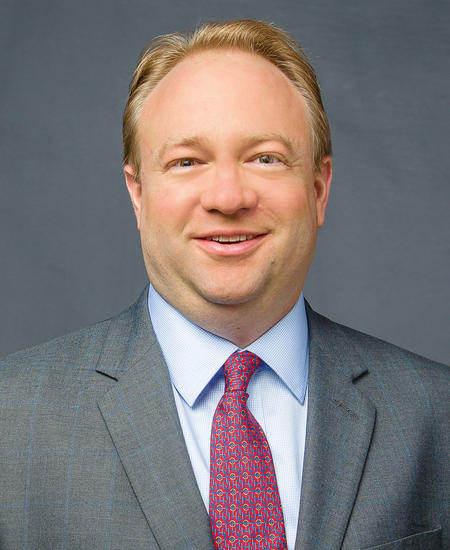Steven Schafrik, associate professor in the Department of Mining Engineering at the University of Kentucky, has received a $750,000 grant from the Alpha Foundation. The award will span the next three years.
Schafrik and his collaborators propose the development of a robotic assembly capable of carrying out the entire sequence of roof bolting operations autonomously. A detailed study of human motion will first be carried out using sensors and computer software. Computer simulations will be set up to design the trajectory to be followed by the robot. These trajectories would be optimized using various techniques to customize the robot for mining environment conditions. A replica of the bolter module and the software-controlled robotic arm will be built and tested. The trajectory will be adopted by the robot and will include vital parameters like position, orientation, and robot speed. A human-machine interface will be integrated to enable a manual approval of the tasks and to override the system in the event of unpredicted or unsafe actions. The robotic arm will be deployed and fully tested in a laboratory environment. The above processes will be iterated for refinement before the final deployment of the robot in a mining environment.
The roof bolter automation research will have a pronounced impact on the safety of underground mining operations. Mining rates in room and pillar panels or longwall development entries are often dictated by the extent and safety provided by the supported roof. Roof bolters typically operate under a freshly exposed roof in an effort to provide roof and rib support. Their operators, however, are often exposed to falling debris, dust and noise. Removing humans from these conditions may help eliminate injuries from roof falls as well as shield personnel from elevated levels of rock and coal dust. Deployment of robotic equipment in sensor-driven roof bolting operations is a high-impact health and safety intervention for equipment operators.
Schafrik joined the mining engineering department faculty in 2017.
